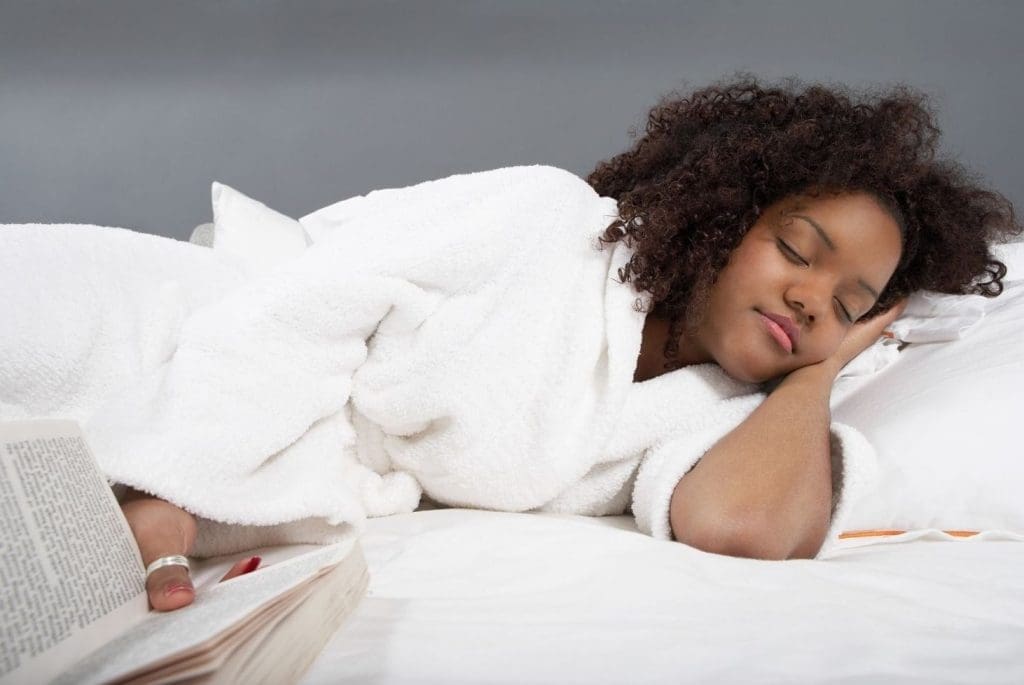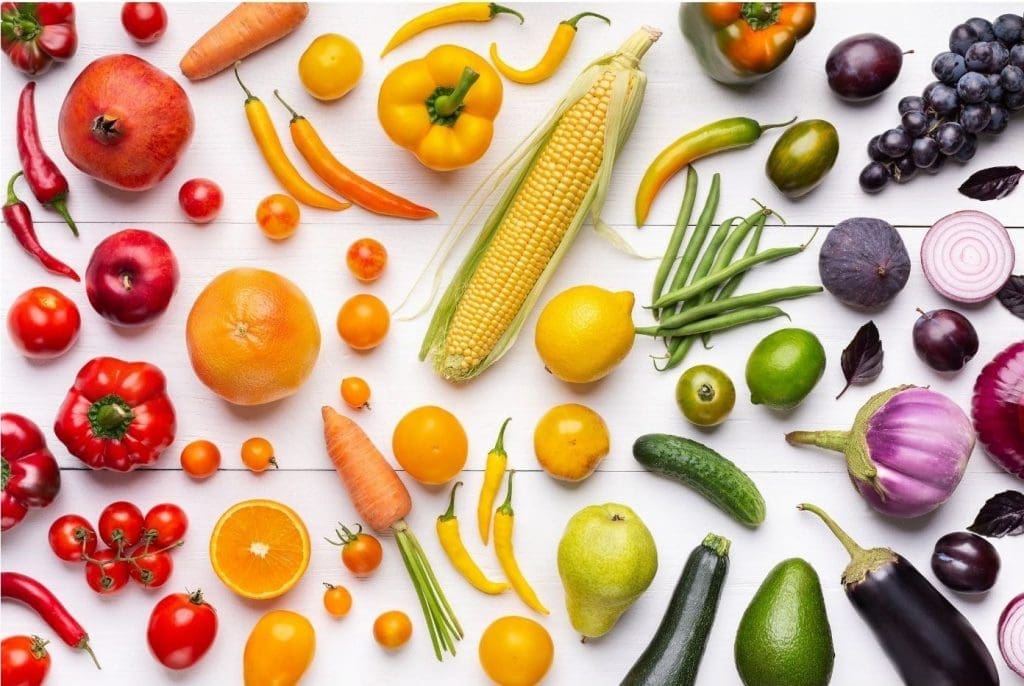Capsule goes in search for some remedies to boost your immune systems to help us all stay a bit healthier this autumn and winter.
It’s happened. I’ve finally admitted defeat and have cleared out all the shorts from my drawers to make space for all my jumpers. It’s time to admit that summer is now over, and (sniff!) the colder weather has begun.
While some LOVE the winter, I’m not one of them. It’s not to say I don’t enjoy a mulled wine, or the feeling of watching a movie, all rugged up in a blanket by the fire while a storm rages outside, but to me, the change in season is normally heralded in by head colds.
Which is why, this week I’ve gone in search for some remedies to boost our immune systems to help us all stay a bit healthier this autumn and winter.
TIP NUMBER ONE: Pay more attention to those zzzzz’s!
While there are plenty of obvious things we can do to keep our immune system in top condition – there’s one hugely important component to it all: getting enough sleep.
When we’re fast asleep, our immune system is actually hard at work releasing certain cytokines. If we’re stressed, fighting off an infection or have inflammation in our body, the immune system kicks into gear and makes more of them to wage a war while we’re sleeping. So, if we don’t get enough sleep we decrease our production and are less equipped to fight off sickness.
But how do we get a better sleep?
This week I listened to a wonderful podcast, Huberman Lab all about the subject and have put some of his (entirely free and wonderful) ideas into action. After a few days of trying them out, I’m definitely sleeping better.
The podcast is run by Dr Andrew Huberman who is a tenured Professor of Neurobiology and Ophthalmology at Stanford School of Medicine and he had some FASCINATING things to share about sleep.
I’ve long heard information about blue light and how we shouldn’t be on our phones or watching TV before we go to bed, but Dr Huberman added far more to the context of that information.
He says what’s really important is to “set” our biological clock each morning which we can do by going outside and getting natural light for a few minutes right after we get out of bed. This action triggers a neural circuit that controls the timing of the hormones cortisol and melatonin and sets us up for the day. It’s important to go outside for this one, because you need that high concentration of light that you won’t get through artificial light, or from looking through a window.
Next up, yes, try not to get too much harsh blue light in the evening. But you don’t need to go OTT about it. “You don’t have to turn your house into a cave,” he says. If you’ve got dimmers on your overhead lights, turn them down low and opt for warm yellow bulbs. Ideally, get some low lamps to light your room.
And, if you wake up in the night, don’t even think about checking your phone. Our eye and brain clocks (that’s a thing!) are very sensitive at night, so the light signals to the body that it’s still daytime which can actually alter your sleep for days, similar to jet lag. “If you’re looking at your phone at 1am, you might as well have flown to Abu Dhabi.”
Lastly, just as you went outside for a quick few minutes in the morning, try to do so again in the late afternoon/early evening, to again give you brain the message that the light is changing and nighttime is on its way.
Give it a go yourself! He warns that it takes a few days to see any results, but then you should find yourself getting sleepier at night, and feeling more awake in the morning. And, you can sleep even more soundly in the knowledge that you’re giving your immune system a better shot at keeping you safe.
Need more help? Magnesium and Tart Cherry are great supplements for helping you get off to sleep. I tried No Ugly’s new drink – No Ugly Sleep (RRP$19 for a 4-pack) which contains natural ingredients including Magnesium, Tart Cherry and Passionflower. I had one of the 250ml bottles two hours before going to bed and Lordy, I had one of my best sleeps in months! Also, heed all those warnings about caffeine – stay off the coffee/chocolate/coke/tea/energy drinks from about 2pm onwards!

TIP NUMBER TWO: Stay warm (or hot and cold!)
For centuries mothers have been saying, ‘put on a jacket or you’ll catch a cold,’ or ‘don’t go to bed with wet hair, you’ll catch a chill!’ But, is there any substance to it?
According to a study by Yale researchers, there is a link between getting cold and catching the common cold. A 2015 study into the rhinovirus (the common cold) found a definitive link between temperature and our body’s ability to fight off the virus. The colder we get, the more susceptible we are.
The virus thrives in temperatures between 32.8 and 35 degrees Celsius – but slows its replication when temperatures reach 37. At any given time roughly one in five people carry the rhinovirus in the tissues of their nasal passages, so getting too cold can definitely allow the virus an opportunity to take a hold.
Now, there’s also another school of thought when it comes to getting cold. You’ve likely heard of Wim Hof – sometimes known as the Ice Man – who has made cold showers and ice baths popular. Because yes, scientific studies do show that there are benefits to the body in taking cold showers as it can increase white blood cells in your body and stimulate the immune response.
I am a grade A wuss when it comes to the cold, so my mother never had to remind me to take a coat with me, and it has to be a positively boiling day for me to get in the sea for a swim.
But, three years ago I went to Maruia Hot Springs and was convinced to jump from the hot pools to the cold plunge pool in the middle of July. I’d been fighting off a cold for weeks, and I’m not sure if it was the fact I took a short holiday, or the help of that bizarre bathing experience that finally shook it off.
And, a couple of weeks ago I gave it a second go, closer to home at HANA in Grey Lynn which now offers a contrast therapy room. I headed along and had an hour in the room, which was, at times, extremely challenging – but worth it.
For 15-20 minutes you sit in the infrared sauna (at around 70 degrees celcius), then jump into the ice cold water bath. Now, I’d jumped in the plunge pool in Maruia before, but holy heck, this bath is beyond cold. One of Wim Hoff’s ice baths would normally sit at around 10-12 degrees, whereas the HANA bath is six. SIX. It’s recommended you sit in it for 1-4 minutes (I lasted 30 seconds on the first try) then repeat the process. I managed to stretch it out to 90 seconds on the second go and when I came out of there, I felt amazing – like I’d just woken up from a proper, truly refreshing sleep. Hot and cold bathing is also supposed to do wonders for your circulation (I could definitely feel that, with my whole body tingling through both stages!) and, it can increase your heart rate – as though you’ve done a work out. Plus, it’s stress-relieving (which can also help with nurturing a strong immune system!). I was hesitant, but now after trying it, I’d definitely recommend giving it a go.


TIP NUMBER THREE: Get your greens (and purples and reds and oranges!)
One of the best things you can do to increase your immunity is to eat a healthy diet. Harvard researchers say your immune system is likely to be less effective if you’re deficient in micronutrients, such as zinc, selenium, iron, copper, folic acid and vitamins A, B6, C and E. Now, before you go reaching for the supplements, it’s important to note that it’s easier to absorb these nutrients through food sources.
Generally, you want to eat a rainbow of food to get the nutrients you need, but those that are of particular benefit to the immune system are: Citrus fruits, red capsicums, broccoli, garlic, ginger, spinach, almonds, sunflower seeds, turmeric, papaya, kiwifruit, poultry and shellfish.
I once interviewed a nutritionist who hasn’t caught a cold since she was a teenager (20 years ago) and she credited the fact that each week, she and her family aim to eat a minimum of 30 different foods. Each week they mark them off a white board in the kitchen and make a game of it. She says it’s as simple as instead of buying a bag of apples, she instead buys only a couple of apples, different varieties of pears, some stone fruit, a persimmon, an orange and mixes things up as much as possible. Now, there’s no study into this, it’s one woman’s advice, but she says that variety does wonder for both building up her nutrients, but cultivating a strong biome. I have to admit I’ve rarely made it to 30, but it definitely encouraged me to get some more variety in what I eat.



